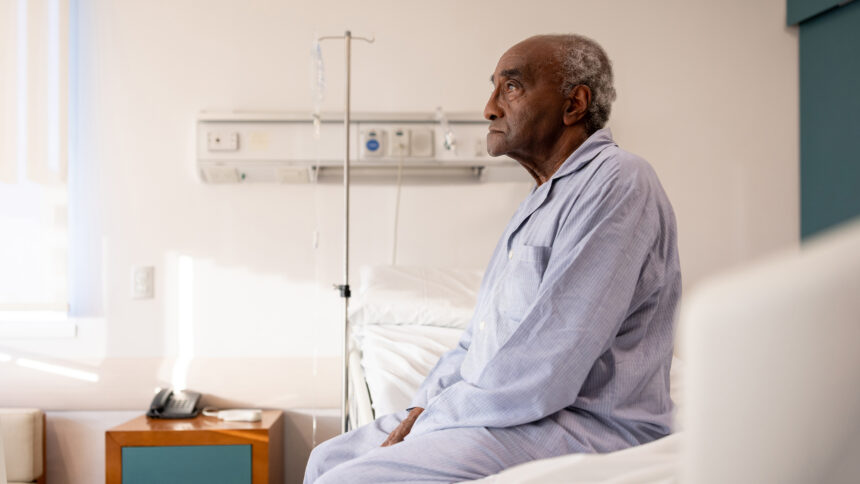
Researchers have identified medications effective for treating opioid use disorder, and say that Medicaid patients who took them during follow-up care in a nursing home were “significantly” less likely to overdose again.
But the investigators, representing an array of government agencies, noted that only a small fraction of such patients were receiving the medications. Their study results were published in JAMA Internal Medicine last week.
“Beneficiaries who spent time in nursing homes during the study were significantly less likely to experience a fatal drug overdose in the 12 months after a nonfatal overdose compared to those beneficiaries who did not spend time in a nursing home. That was particularly true for those spending the most time in nursing homes during the study period,” a spokesperson for the Centers for Medicare & Medicaid Services told McKnight’s Long-Term Care News Friday.
The spokesperson also elaborated that nursing homes are now required to consider the health needs of their residents when staffing.
“Nursing homes are required to complete a facility assessment to determine what resources are necessary to care for their residents that accounts for the size and acuity of the resident population,” he or she told McKnights — referring to updated CMS requirements released June 18.
“The final regulations added that facilities need to consider the behavioral health needs of their residents to determine the level and type of staffing and other resources that are needed to meet those needs. This includes identifying what resources are needed to support nursing home residents with substance use disorder (SUD) or other serious mental illness (SMI).”
Strong results, with gaps
The study brought together researchers from CMS, the Substance Abuse and Mental Health Services Administration, the National Institutes of Health’s, the National Institute on Drug Abuse (NIDA) and the Centers for Disease Control and Prevention.
Their analysis found that administering medications for opioid use disorder (MOUD) or naloxone after an initial overdose reduced the odds of a patient dying from future overdoses by between 30% and 72%, depending on the intervention.
“People who have experienced one overdose are more likely to experience another,” said Miriam Delphin-Rittmon, PhD, assistant secretary for mental health and substance use at HHS, in a report issued by CMS. “We found that when survivors received gold-standard care such as medications for opioid use disorder and naloxone, the chances of dying from an overdose in the following year dropped dramatically.”
The study, however, identified large gaps in this “gold standard” of coverage — noting that 6% or fewer of the patients in the study received MOUDs or naloxone following an overdose. Those who did receive medication had to wait 72 days on average.
The CMS spokesperson said that the study did not specify whether the 25% of OUD patients who received care at nursing homes were more or less likely to receive these medications during treatment. Regardless, the care provided at nursing homes was comparatively effective at reducing mortality overall.
Healthcare providers across the continuum should take special efforts to coordinate their care and ensure patients with OUD are cared for extremely well, the spokesperson emphasized.
“Emergency departments can partner with health systems and community-based providers to ensure smooth transitions in care and services for OUD, co-occurring substance use disorders and mental disorders, and other chronic medical conditions,” he or she told McKnight’s. “Importantly, regardless of the practice setting, every clinician can talk to their patient about alcohol and other substance use and mental health challenges as a key first step in identifying potential risk factors for overdose.”




